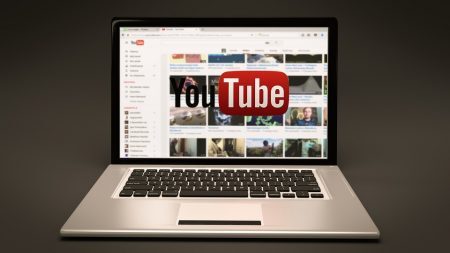Meta, the former Facebook, changed its name for several reasons. The one that has nothing to do with Facebook taking…
Browsing: advertising
Have you had the experience of looking at some product online and then seeing ads for it all over your…
YouTube’s on a bit of a roll as far as coming down hard on misinformation is concerned. Last week the…
Over the past 25 years, the name “Google” has become synonymous with the idea of searching for anything online. In…
Facebook is only called a social media company because they want you to keep using their services. In reality, Facebook…
Google was recently slammed by 36 antitrust lawsuits in the US over its dominating the Play Store on Android platforms.…
Have you ever chatted with a friend about buying a certain item and been targeted with an ad for that…
Apple may have started something here. Google has revealed that it’s about to make it harder to apps to track…
You decide to call a store that sells some hiking boots you’re thinking of buying. As you dial in, the…
Last week we saw streaming app Spotify roll out the ability to control the service using a series of voice…










